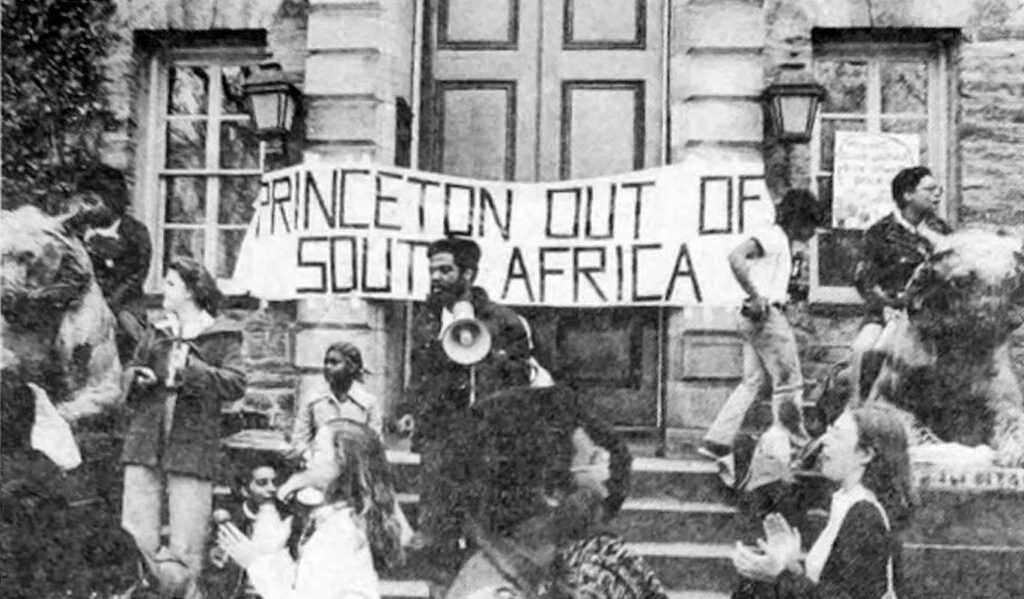One year for my birthday, Debra bought me an hour-long ride in a small, private airplane — something I’d always wanted to experience. Debra sat in the back, and I sat up front with the pilot, grinning widely as I watched familiar landmarks pass below us.
About halfway into the ride, the pilot took his hands off the controls and turned to me. “Why don’t you fly for a while?” he said.
Eyes wide, I immediately gave the only reasonable answer: “NO!” Just the thought of it was crazy: There are two people sitting here; one knows how to fly and the other doesn’t; and the one who doesn’t know how to fly should pilot the plane?
I’m always willing to try things if the consequences of screwing up are small. Mixing two unfamiliar ingredients in a recipe — sure, why not? Installing a new hard drive in a computer — my files are backed up, so what do I have to lose? But in any situation whose outcome could possibly be life-altering (or, in the case of flying a plane, life-depriving), I’m content to let someone with demonstrated skills take the lead.
That principle extends to crossing the street. Although people get frustrated when I stop at a corner and watch for the “walk” sign before stepping off the curb, I know that my senses of a car’s speed and distance are fallible — so why would I trust my judgment in deciding when it’s safe to walk? Given the high stakes, I’d prefer to let the engineer-designed traffic-control system — which has the added bonus of actually causing cars to stop — make that determination.
The idea that not everyone is a competent jaywalker seems not to have occurred to most people. It’s one of those things that all city-dwellers are expected to know how to do. But where is that skill supposed to come from? Are people supposed to cross the street in incrementally more hazardous situations and learn from the incidents in which they avoid being hit? No — I’d venture to say that crossing a busy street safely is something that most people just have the knack for; it’s not a skill they’ve acquired by trial and error. And if it’s something that one doesn’t have the knack for, it’s good to recognize that early.
Probably the most common thing that people are expected to be good at is driving. All of us who spend time on freeways have had occasion to criticize others for being bad drivers. But what do we want those inept drivers to do about it? Staying off the road isn’t an option; many people are forced by practical or economic circumstances to drive. Certainly they can discipline themselves to stay alert and be careful, but care and alertness aren’t always sufficient for reacting effectively to dangerous situations.
I often think that the best drivers are the ones we consider the worst — those who do whatever they can to pass everyone else on the road. Those drivers certainly need to learn courtesy and respect, and I agree that such things can be learned. But the actual skills that they have — the ability to weave effortlessly from one lane to another, to precisely judge the speed and angle they need to insert themselves between two moving cars — are most likely not things they’ve learned through trial and error. They just happen to be naturally good at it. If only those skills could be used for good instead of evil!
There are plenty of other activities at which everyone is groundlessly expected to be proficient. One, surprisingly, is sex. The advice columnist and social commentator Dan Savage has proposed a sexual standard that everyone is supposed to meet: to be GGG, or “good, giving, and game.” But where, exactly, is the ability to be “good” supposed to come from? Even if we assume that sexual skill can be acquired through practice, those who are less naturally good in bed will clearly have fewer opportunities to practice. It’s a perfect vicious cycle.
What’s true of sex tends to be true of other social interactions. Take dancing: One can attend dancing classes and learn patterns of steps, but not everyone gets to the point where they can execute those steps with ease and grace. And with the freeform style of dancing that’s been prevalent since the 1960s, even learning standard steps isn’t going to be of any help. It’s often said that the secret of social dancing is just to “go out on the dance floor and show ’em what you’ve got.” But that advice assumes that you’ve “got” something — and it doesn’t offer any guidance about where you’re supposed to get it.
I can frame the problem differently by referencing something I know I’m great at: audio editing, specifically music editing. In the earlier days of recording technology, before audio production could be done on a desktop computer, I would work closely with a sound engineer in an expensive recording studio. I’d direct our recording and editing sessions, but only he was allowed to touch the equipment. The exception was when a piece of music needed to be fitted to a specific length of time. As we listened to the playback, I would be the one to punch the button that instantly stopped the tape deck. “Cut here!” I would say. I knew precisely what needed to be deleted, and exactly where the cuts had to be made, to make the music sound seamless. It’s not something I’d learned; it was just something I was able to do. There was no way I could teach it to the engineer.
Imagine if music editing were something we had to do every day, like crossing the street or driving a car. “Oh, jeez,” I might say, listening to somebody’s clumsy cut. “Who let that clown use a sound-editing program?” Because I was good at what was considered a natural, routine task, I’d assume that everyone else was, too. It would probably not occur to me to empathize with the person who was required to do that edit, but just didn’t have the knack for it.





Recent Comments